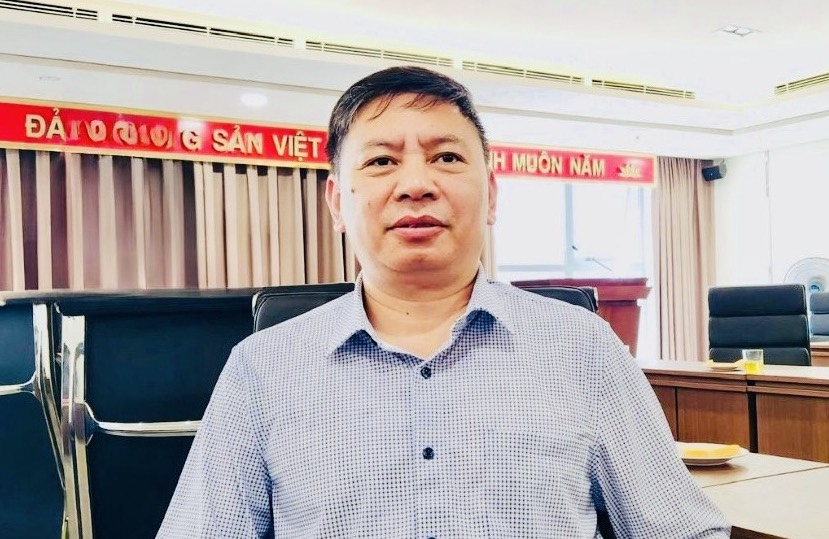
Mr. Nguyen Cong Anh, Deputy Director of the Hanoi Department of Justice, talks with reporters. Photo: Nhat Nam
+ Sir, Article 4 of the draft Law on the Capital (amended) stipulates that the application of the Law on the Capital is a new provision, not yet included in the 2012 Law on the Capital. Could you please tell us why it is necessary to have a provision on the application of the Law on the Capital?
- Mr. Nguyen Cong Anh: Firstly, according to the guiding viewpoint for the development of the Law on the Capital (amended), this Law stipulates special and outstanding mechanisms and policies applied specifically to the Capital, so there must be principles to handle the application of the provisions of the Law on the Capital that are different from the provisions of other laws in the legal system on the same issue, placing the Law on the Capital in the overall legal system.
Second, from practical shortcomings, the summary report on the implementation of the 2012 Law on the Capital clearly pointed out that one reason why many specific contents of the 2012 Law are invalid and cannot be implemented is because the Law does not have regulations on how to apply the Law on the Capital in cases where there are differences compared to regulations on the same issue in other laws and resolutions of the National Assembly that are in effect or issued later.
Furthermore, the implementation of the 2012 Capital Law also shows that many specific and outstanding contents of the Law are assigned to the People's Council and People's Committee of Hanoi to regulate in detail, but these local documents, even though they have been issued, cannot be enforced because they contain different regulations or are contrary to the Central documents (Decrees and Circulars of the Minister) that have higher validity than regulations on the same issue.
Third, because the general principle of law application stipulated in the Law on Promulgation of Legal Documents (VBQPPL) does not foresee the application of laws and resolutions of the National Assembly with specific and different contents such as the Law on the Capital. Therefore, if the general principle "In case the legal documents issued by the same agency have different provisions on the same issue, the provisions of the legal document issued later" (Clause 3, Article 156 of the Law on Promulgation of Legal Documents 2015) are applied to the case of the Law on the Capital (amended), it is possible to foresee a major legal barrier to the implementation of the Law on the Capital because many specific and superior provisions of the Law on the Capital will not be applied if the laws issued later have different provisions on the same issue.
Therefore, it is urgent to have a provision regulating the application of the Law on the Capital (amended) in relation to other laws, including laws promulgated before or after the Law on the Capital, in order to overcome the shortcomings in the actual effectiveness and enforceability of the provisions of the Law on the Capital.
+ How are the novelty, specificity and feasibility of the provisions in Article 4 of the draft Law on the Capital (amended), sir?
- Mr. Nguyen Cong Anh: Clause 1, Article 4 clearly stipulates the principle of priority in applying provisions of the Capital Law with different content compared to provisions on the same issue in other laws and resolutions of the National Assembly currently in effect.
Clause 2, Article 4 stipulates a new mechanism, which is specific and different from the general principle of law application of the Law on Promulgation of Legal Documents, specifically, the provisions of laws and resolutions of the National Assembly issued later will not automatically apply if the content is different from the provisions of the Capital Law on the same issue. In this case, according to the Draft Capital Law, the application of the provisions of the Capital Law or the application of the provisions of other laws and resolutions of the National Assembly issued later must be specifically determined in each such law and resolution.
The question is which agency has the authority to determine and how to determine the application of the law to ensure transparency and ease of implementation. The Draft Law currently stipulates in Chapter VI:
When drafting laws and draft resolutions of the National Assembly, ministries and ministerial-level agencies must review the provisions of the Law on the Capital. If there are provisions more favorable than the Law on the Capital, they must reach an agreement with the Hanoi City government on whether to apply the Law on the Capital or that law or resolution (Clause 2, Article 55 of the draft Law). At the same time, the Hanoi City People's Committee is responsible for: "participating in giving opinions on draft laws and draft resolutions of the National Assembly that contain provisions related to specific policies and mechanisms stipulated in the Law on the Capital" (Point d, Clause 5, Article 57 of the draft Law).
According to the review report of the National Assembly's Law Committee, this new, unique coordination mechanism between the Hanoi government and ministries and ministerial-level agencies assigned to draft laws and resolutions of the National Assembly, both promotes the value and effectiveness of the Capital Law and ensures the principle of effectiveness of legal documents according to the Law on Promulgation of Legal Documents, without disrupting the stability and unity of the legal system.
However, these regulations still have the following limitations: they do not cover all "cases with provisions different from those of the Capital Law" in Clause 2, Article 4, specifically, they only deal with cases with provisions more favorable than those of the Capital Law, and do not mention cases with provisions of higher obligations and stricter sanctions for violations in areas that the Capital also needs to apply; they only stipulate the responsibilities of ministries and ministerial-level agencies but do not stipulate the responsibilities of other entities assigned to preside over the drafting of laws and resolutions of the National Assembly (such as the Supreme People's Court, the Supreme People's Procuracy, National Assembly deputies, etc.) in cases where there are provisions different from those of the Capital Law; they do not clearly stipulate which agency has the authority to make the final decision on the application of the law in cases where the agency in charge of drafting the law and resolution and the Hanoi City government do not agree on the application of the law.
+ According to you, to solve the above limitations, how do you propose to study and perfect the laws?
- Mr. Nguyen Cong Anh: To resolve all three limitations mentioned above, it is proposed to study and complete Article 4 according to two options:
First, add 2 clauses to Article 4 with the following contents:
Clause 3 - Agencies, organizations and individuals submitting draft laws and draft resolutions of the National Assembly are responsible for reviewing the provisions of the Capital Law. If there are more favorable provisions or more severe sanctions for violations than the Capital Law that need to be applied, they must reach an agreement with the Hanoi City government to determine whether to apply the law according to the Capital Law or to apply according to that law or resolution.
Clause 4 - In the case specified in Clause 3 of this Article, if the agencies, organizations and individuals submitting the draft law or draft resolution of the National Assembly and the Capital Government cannot reach an agreement, they shall report to the National Assembly Standing Committee for consideration and comments before submitting to the National Assembly for discussion and decision on the application of the law.
If following this plan, there is no need to stipulate in Clause 2, Article 55 on the responsibilities of Ministries and ministerial-level agencies, but still maintain the provisions on the responsibilities of the Capital government in Article 57, Clause 5, Point d.
Second, keep Article 4 unchanged, add 1 article to Chapter VI regulating the responsibilities of agencies, organizations and individuals submitting draft laws and resolutions in applying the Law when there are provisions different from the Capital Law on the same issue. The content of this Article includes 2 additional clauses in option 1.
+Thank you very much for sharing the content!
According to Phapluatxahoi.kinhtedothi.vn
Source



![[Photo] More areas of Thuong Tin district (Hanoi) have clean water](https://vstatic.vietnam.vn/vietnam/resource/IMAGE/2025/4/29/55385dd6f27542e788ca56049efefc1b)


![[Photo] Prime Minister Pham Minh Chinh and Japanese Prime Minister Ishiba Shigeru visit the National Museum of History](https://vstatic.vietnam.vn/vietnam/resource/IMAGE/2025/4/29/93ae477e0cce4a02b620539fb7e8aa22)

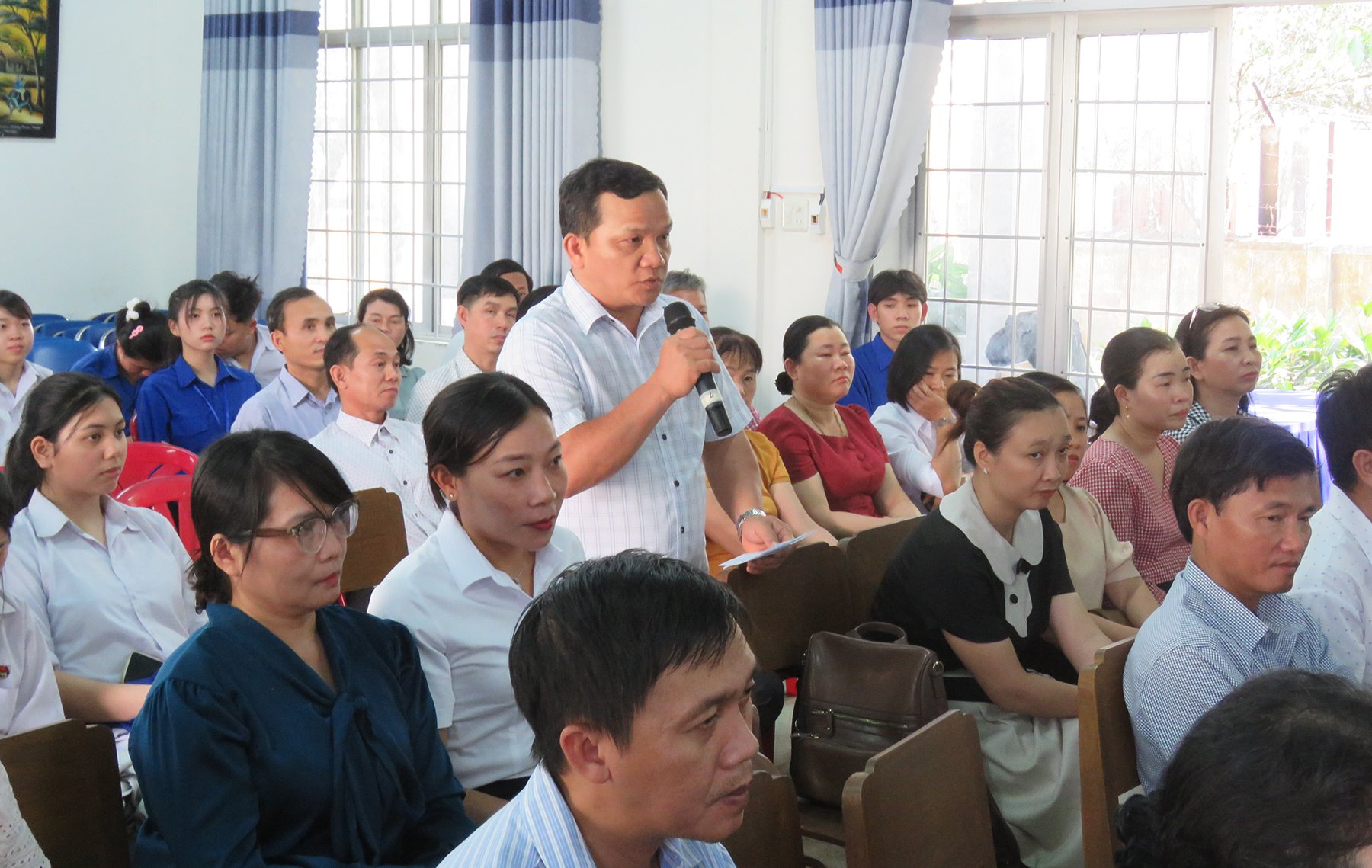






















![[Photo] Prime Minister Pham Minh Chinh receives Cambodian Minister of Commerce](https://vstatic.vietnam.vn/vietnam/resource/IMAGE/2025/4/28/be7f31fb29aa453d906df179a51c14f7)
![[Photo] Prime Minister Pham Minh Chinh and Japanese Prime Minister Ishiba Shigeru attend the Vietnam - Japan Forum](https://vstatic.vietnam.vn/vietnam/resource/IMAGE/2025/4/29/fc09c3784d244fb5a4820845db94d4cf)

































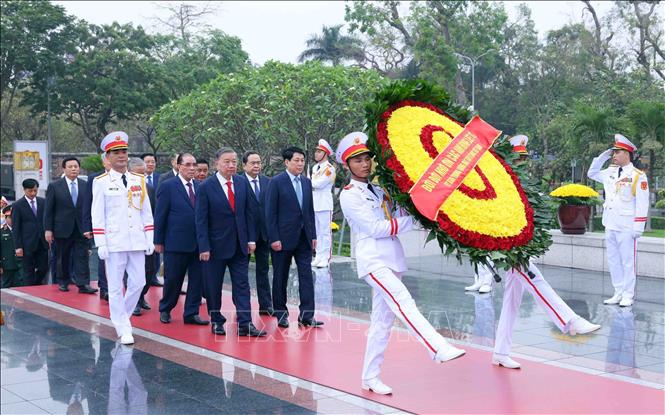











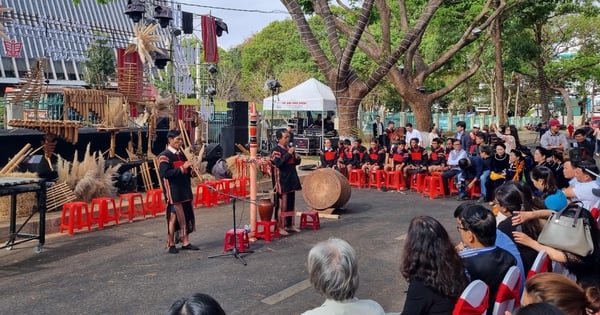


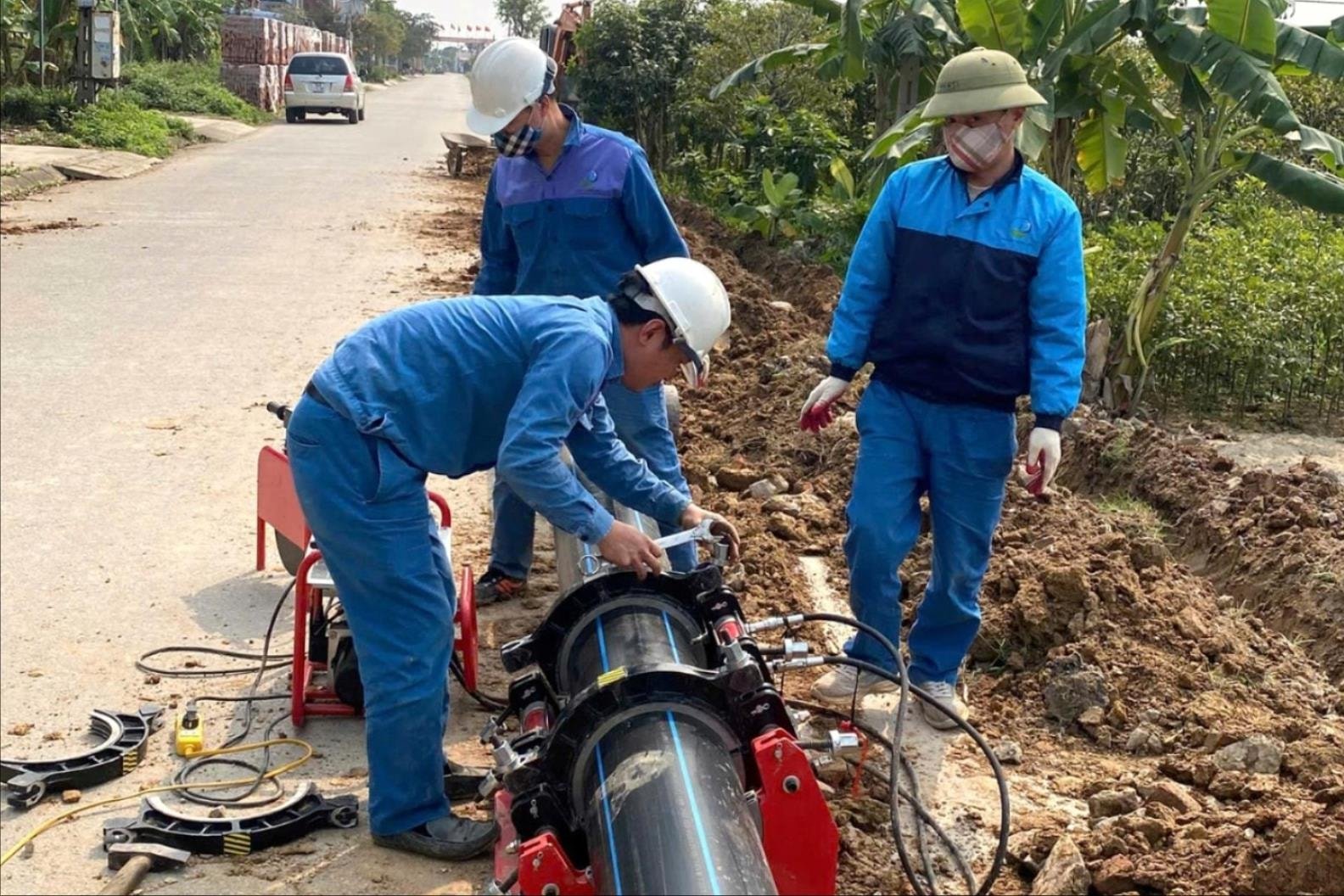




















Comment (0)